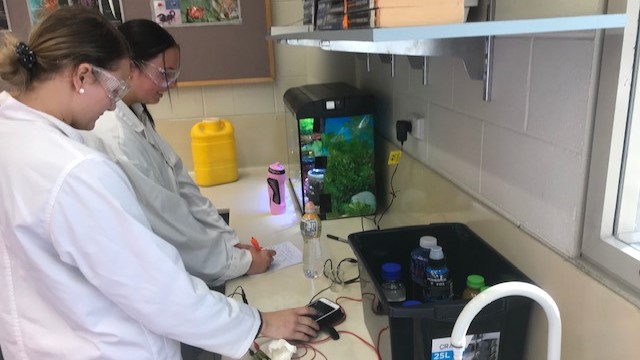The Focus Area by Term poster helps schools and teachers to keep track of the key areas to focus on year-round and by school term to meet the required Standards for Providers. Look for the teacher icons to see the tasks teachers need to do.
Teachers can also use the Assessment Documentation: Self-Evaluation Toolkit for Teachers to check their plans for assessment, assessment tools and assessment records.
Course delivery and assessment
TASC supports teachers in course delivery and assessment and quality assurance measures. It is a TASC requirement that all TASC accredited courses delivered in schools have a detailed scope and sequence document. The scope and sequence must be developed in line with the current TASC course document and have a clear assessment schedule embedded or provided separately.
Information Document Delivering TASC Courses (‘Packaging’, ‘Bundling’ & ‘Concurrent Delivery’)
Internal assessment
All TASC accredited courses require internal assessment by teachers.
Teachers should be aware the key areas of internal assessment including; ratings and awards, assessment guidelines, assessment requirements and records and inability to complete course requirements.
External assessment
Level 3 or Level 4 TASC accredited courses also have external assessment requirements such as written examination, a folio of work, an oral or practical assessment and/or display.
Teachers need to be fully aware of the external assessment requirements (in the course document) and the key dates for external assessment for their course. This assessment information must be provided to students at the beginning of the course.
Further information for students and teachers including; exam rules, special provisions, exam timetables and dates for assessment can be located on the students’ exam and assessment page.


